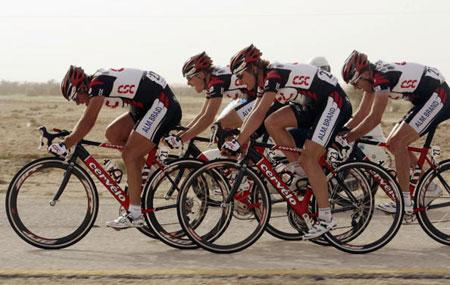Strengths

- Global Exposure: International competitions offer significant visibility and exposure on a global scale, enhancing brand recognition and credibility.
- Talent Showcasing: They provide a platform to showcase diverse talent from various countries, attracting a wide audience and fostering cultural exchange.
- Networking Opportunities: Participants and organizers benefit from networking with industry leaders, potential sponsors, and stakeholders from different countries.
- Media Coverage: These events often receive extensive media coverage, amplifying reach and engagement through various channels.
- Economic Impact: Hosting international competitions can stimulate local economies through tourism, hospitality, and related services.
Weaknesses
- High Costs: Organizing and participating in international competitions can be financially burdensome, requiring substantial investments in logistics, marketing, and infrastructure.
- Logistical Challenges: Managing diverse logistics, including travel arrangements, visas, and accommodation for participants and attendees, can be complex and prone to delays.
- Cultural Sensitivities: Balancing cultural differences and sensitivities among participants and audiences requires careful planning to avoid misunderstandings or controversies.
- Risk of Oversaturation: With numerous international competitions across different sectors, distinguishing one's event and maintaining relevance can be challenging.
- Political Instability: Political tensions or changes in diplomatic relations between participating countries can impact the feasibility and safety of hosting or attending such events.
Opportunities
- Market Expansion: International competitions provide opportunities to enter new markets and attract participants and audiences globally.
- Brand Partnerships: Collaborating with international brands and sponsors can enhance funding, resources, and credibility.
- Technological Innovation: Leveraging advancements in technology for virtual participation or live streaming can broaden audience reach and engagement.
- Education and Awareness: Promoting cultural exchange and awareness through international competitions can foster global understanding and cooperation.
- Sustainability Initiatives: Implementing sustainable practices in event management can appeal to environmentally conscious participants and sponsors.
Threats
- Competitive Landscape: The competitive nature of international competitions can lead to market saturation and difficulty in attracting toptier participants.
- Economic Downturns: Global economic fluctuations can affect sponsorship budgets and participant registrations, impacting event viability.
- Security Concerns: Ensuring the safety and security of participants, attendees, and infrastructure amidst global security threats and risks.
- Regulatory Changes: Evolving international regulations, such as visa policies or travel restrictions, can hinder participant mobility and event planning.
- Public Health Emergencies: Global health crises, such as pandemics, can disrupt international travel, leading to event cancellations or postponements.
Conducting a comprehensive SWOT analysis allows for a strategic evaluation of the factors influencing the success and sustainability of international competitions. By leveraging strengths, addressing weaknesses, capitalizing on opportunities, and mitigating threats, organizations can optimize their approach to hosting or participating in such prestigious events.
